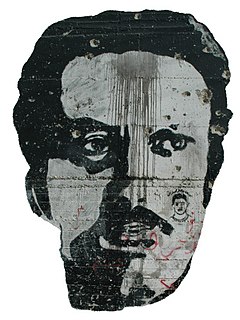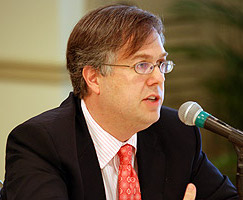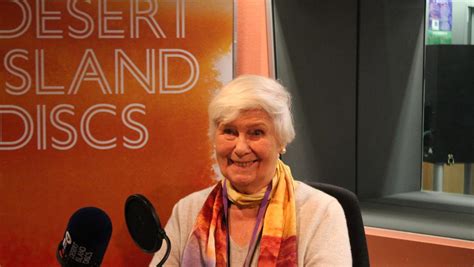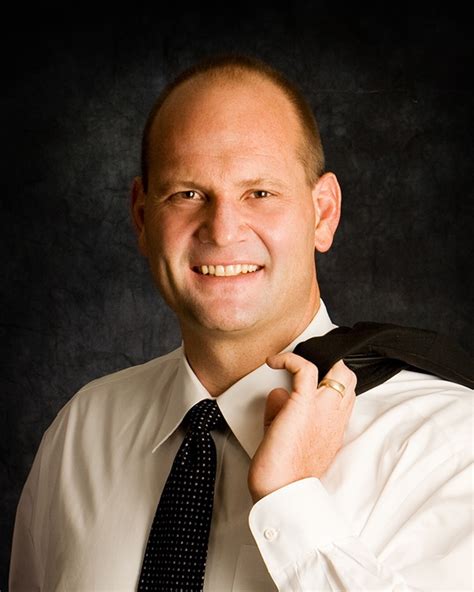A Quote by Jim Crace
I stopped being an engaged journalist and became a disengaged novelist.
Related Quotes
The dominant and most deep-dyed trait of the journalist is his timorousness. Where the novelist fearlessly plunges into the water of self-exposure, the journalist stands trembling on the shore in his beach robe. The journalist confines himself to the clean, gentlemanly work of exposing the grieves and shames of others.
There is some of the paradox of foreign policy polling. So on Iraq and Syria, the President is pretty much doing what Americans want, he's not very engaged, but they don't like the results, his polling numbers are going down. Americans may be ambivalent and disengaged with the world, they don't want a President who is ambivalent and disengaged with the world.
The professions of novelist and journalist are very separate. As a novelist, you are ultimately working for yourself. Yes, you need the approval of a publisher and an audience, but what is valued in fiction writing - style, individual voice, insight - is scorned by the editor who is combing through your newspaper article.





































